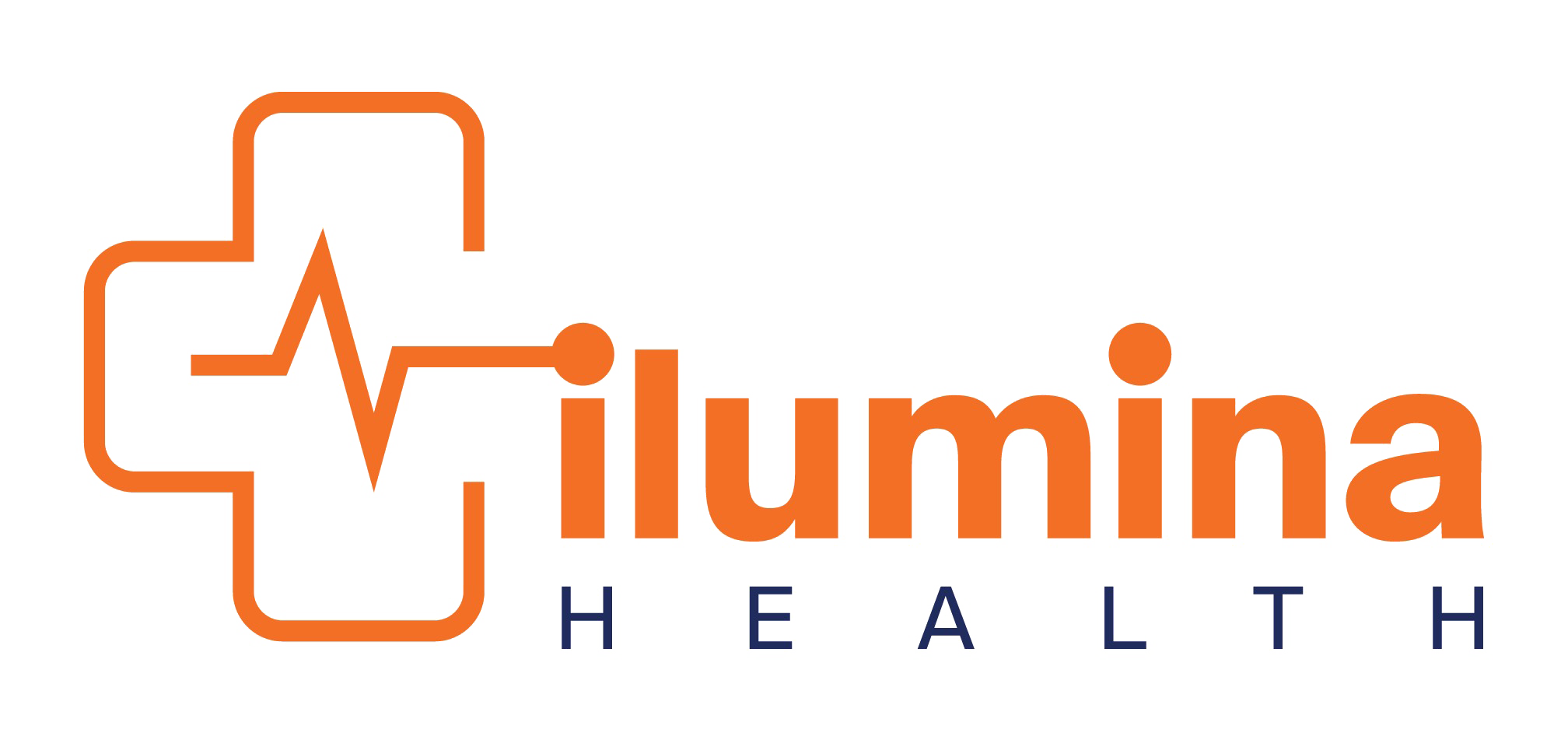A Vital Pillar for Health
In recent years, the conversation around food security and nutrition has gained significant momentum, especially within healthcare sectors. As a healthcare company committed to improving the well-being of our communities, it's essential to understand how these interconnected issues impact health outcomes and what we can do to promote better nutrition and food access for all.
Understanding Food Security
Food security refers to the state where all people have physical, social, and economic access to sufficient, safe, and nutritious food to meet their dietary needs and food preferences for an active and healthy life. Unfortunately, food insecurity is a growing problem globally, exacerbated by economic disparities, climate change, and health crises like the COVID-19 pandemic.
The Dimensions of Food Security
Availability: Sufficient quantities of food must be produced, stored, and distributed.
Access: Individuals must have the means to obtain food, which includes financial resources and physical availability.
Utilization: Proper food must be consumed to achieve a healthy diet, considering factors such as cooking and food preparation.
Stability: All the above dimensions must be stable over time to ensure long-term food security
The Role of Nutrition
Nutrition is a key component of food security. It focuses on how the food we consume affects our health, growth, and overall well-being. Poor nutrition can lead to various health issues, including obesity, diabetes, heart disease, and malnutrition, particularly in vulnerable populations such as children, the elderly, and low-income families.
The Consequences of Food Insecurity
Food insecurity and poor nutrition can have dire consequences:
Physical Health, Mental Health Economic Impact, Economic Impact
Conclusion: Nourishing Health, Empowering Communities
Food security and nutrition are the foundations of a healthy community. By taking a stand and working together, we can turn the tide on food insecurity and empower individuals to thrive. Let’s commit to creating a future where everyone has access to nutritious food, fostering a vibrant, healthier society for all. Together, we can nourish not just bodies, but also hope and potential—because every meal is a step towards a brighter tomorrow!
Reference
Unveiling the Power of Food Security Quotes





